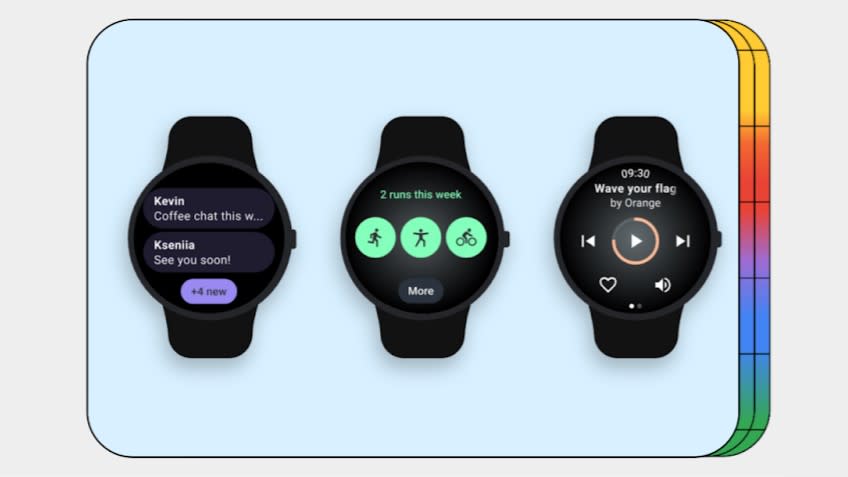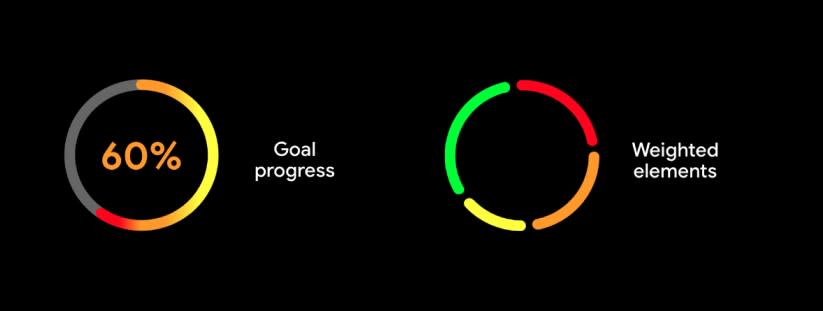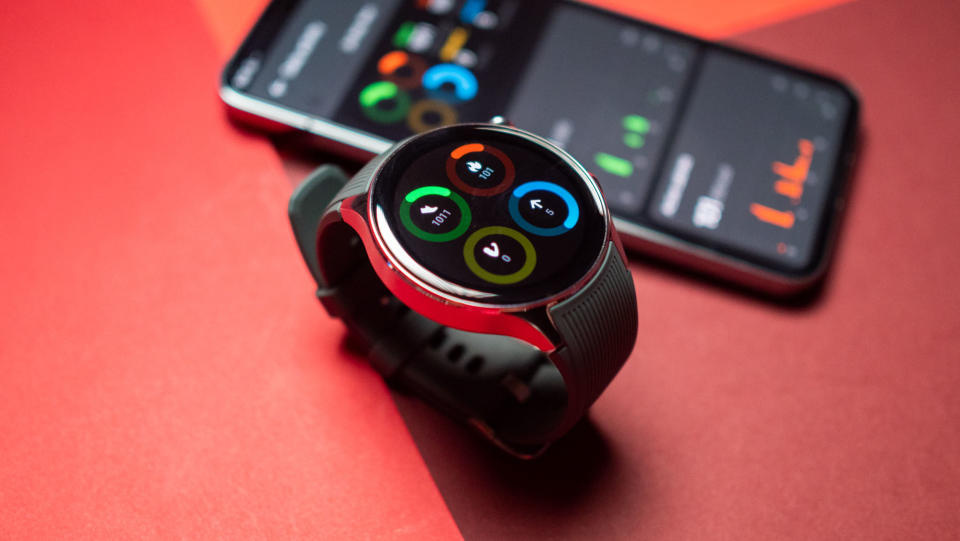Wear OS 5 will bring major upgrades to battery life, fitness, and watch faces

What you need to know
Google announced the Wear OS 5 Developer Preview launch at Google I/O 2024.
Wear OS 5 watch faces will get "Flavors" and exclusive Complications.
Android Health will add new running data and goals, plus Health Connect upgrades.
Wear OS watches will now last 20% longer during tracked workouts.
To no one's surprise, Wear OS 5 will arrive "later this year," Google reported at I/O 2024. Battery life enhancements are "central" to the update, which you can test today via the Developer Preview. But Google also emphasized health and fitness tracking with this future update — more unexpected and certainly welcome.
Google announced the Wear OS Hybrid Interface and Watch Face Format (WFF) earlier this year, both of which made Wear OS 4 more efficient. Wear OS 5 piggybacks on these updates, improving watches' efficiency and adding more exciting watch face tricks.
On the battery front, Android developers Kseniia Shumelchyk and Garan Jenkin explained in a blog post how "running a marathon consumes up to 20% less power on Wear OS 5 than on Wear OS 4" with default settings.

That's merely one example; all workouts that sample heart rate and GPS should run more efficiently. However, Android Health upgrades are a significant portion of Wear OS 5's updates. For starters, the new OS will add four advanced running form measurements: Ground Contact Time, Stride Length, Vertical Oscillation, and Vertical Ratio.
In addition, Wear OS 5 will support "debounced goals" for fitness workouts. What does this mean? Let's say you start a workout where you must stay within a certain heart rate range or run faster than 10:00/mile pace. In Wear OS 4, the app will continuously spam your wrist with alerts the moment you fall out of range. With Wear OS 5, devs can program a short delay, preventing false positives and making alerts less obnoxious.
Guided workouts and wrist-based running dynamics are common features on dedicated fitness watches, so this addition to Wear OS 5 should make devices like the Pixel Watch 3 more competitive.

On the Wear OS developer end, Android Studio Koala will "make it easier to test the use of Health Services." Devs will "simulate events" like loss of heart rate data or an auto-pause mechanic, so Wear OS fitness apps become less likely to trigger unexpected bugs.
Health Connect — the Google Fit replacement that links 3rd-party fitness apps together — will get one important upgrade. In Wear OS 4, 3rd-party apps will only share up to a month of fitness data, and only when they're open and active. With Wear OS 5, Health Connect and fitness apps will sync in the background and share all of your historical data, so long as you provide permission first.

For everyday Wear OS 5 users, you'll most appreciate the changes to the Watch Face Format. Developers can add "Flavors" to watch faces, so users can choose between different colors, fonts, complications, and other configurations in one menu.

Two new WFF complications for Wear OS 5 are "Goal progress" and "Weighted elements." You'll be able to check your percentage towards a fitness target like step count or see specific colored portions that add up to 100% (like a pie chart).

Adding a weather widget to WFF was a "common request," Google reports, and Wear OS 5 will make that happen. You'll be able to check current conditions, low and high temps, UV index, chance of rain, and other data, set either by hour or by day.
Google reports that 30% of Google Play watch faces use WFF, and it's clear that they want to push more devs into this format. New Wear OS 5 complications may not work with old formats, and Google Play will restrict new watch faces to WFF starting in "early 2025," although devs can continue to update older formats.
Lastly, Google says that there's a "wider variety of round screen sizes and resolutions" on Wear OS watches today, which means devs need "responsive UIs for different watch display sizes." Devs are receiving new testing tools to evaluate how their apps will look on different devices, so they should become better formatted regardless of the display size you prefer.
You can check out the Wear OS 5 Developer Preview at that link.
A step in the right direction (with one worry)
Google says that Wear OS users grew by 40% in 2023; evidently, the platform has become more popular than ever. It's important that Wear OS 5 build on that momentum, and today's announcements were (mostly) encouraging.
Wear OS 5 should make Android watches more long-lived in daily use, widening the gap between them and Apple Watches. That's great, in theory. My concern is how Wear OS 5 consumes "20% less power" during a marathon.
I suspect Google might rely on the hybrid interface, having watches' energy-efficient co-processors sample your health data to save on battery. That's how the OnePlus Watch 2 handled things, and it led to inaccurate workout data because of its slow, RTOS-running coprocessor.
This is fully speculative, and perhaps a Pixel Watch 3 fully running on Wear OS 5 wouldn't have the same issues. But I'm looking forward to testing the OS myself to see whether its heart rate and GPS data can stay accurate while drawing less power.

I originally hoped that Google would announce a universal Wear OS fitness app like Fitbit at I/O 2024. While this never happened, the Wear OS 5 update is putting more power in the hands of developers to make Wear OS watches more viable for fitness activities than they are right now.
We didn't get major fitness features, but we can expect the Galaxy Watch 7 and Pixel Watch 3 announcements to capitalize on this fitness momentum later this year. For instance, the One UI Watch 6 update will probably include the "My Vitality score" metric that'll mirror Fitbit's Daily Readiness Score.
On the watch face front, the new WFF is very energy efficient but lacks much of the creativity and functionality of older watch faces, which is why many turn to Facer despite the battery life hit. Wear OS 5 will hopefully put WFF on the right track towards being more widely adopted.
Overall, I'm satisfied that Google isn't twiddling its thumbs with Wear OS. This looks to be a significant update later in 2024. I only wish that Google had spent a little time showing off Wear OS features on stage during the I/O 2024 keynote instead of relegating the news to blog posts.
